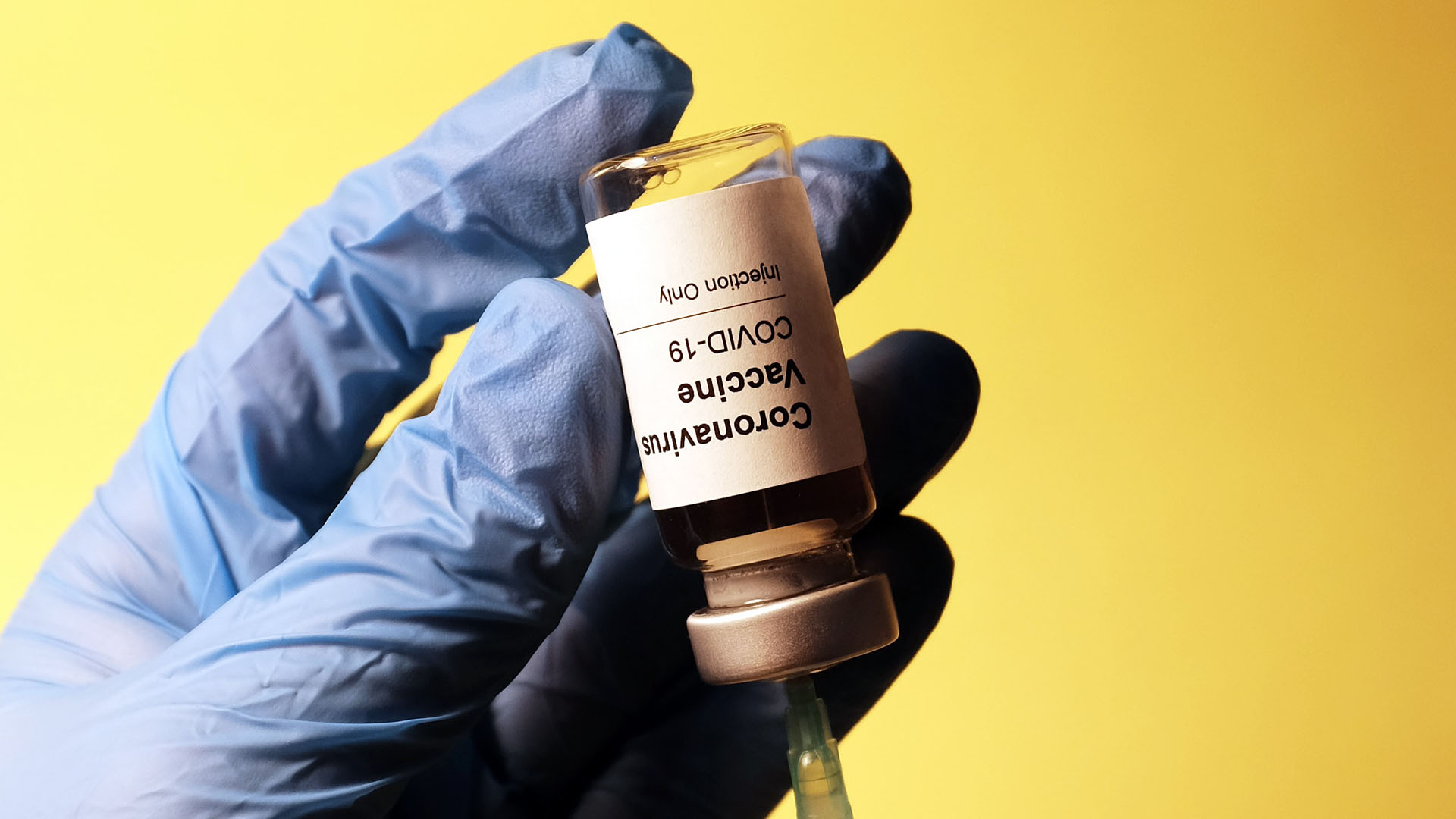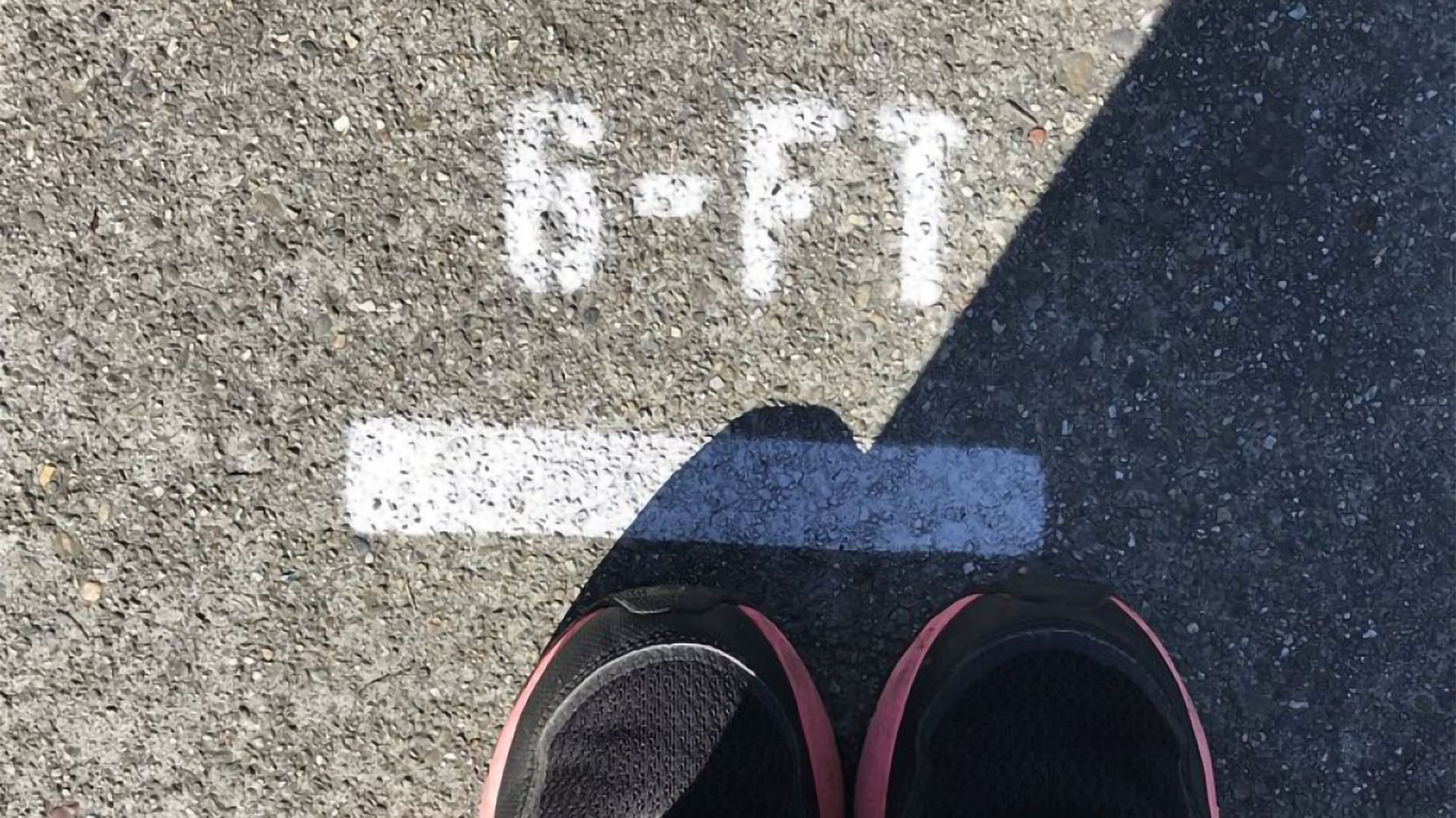cancer care (1) cat videos (1) Centre County (1) child care (1) children (7) civic-engagement (1) community (2) corrections (1) courts (1) criminal justice system (3) data (2) disparities (2) domestic abuse (1) economy (3) education (6) employment (3) ethics (1) exercise (1) Extreme Risk Protection Orders (1) family (4) fear (1) food insecurity (2) foodservice (2) foster care (1) graphic images (1) grief (1) gun homicide (1) gun lobby (1) gun ownership (1) gun suicide (1) gun violence (4) harm reduction (1) health (6) health care (5) heroin (1) homelessness (1) hospitals (2) human services (1) hunger (2) income (1) infotainment (1) innovation (5) international (2) internet (1) interpersonal communication (1) journalists (1) maltreatment (2) mass shooting (1) mass shootings (1) media (1) media consumption (1) media coverage (1) mediated communication (1) medication-assisted treatment (1) memes (1) mental health (8) mental illness (1) mixed-methods (2) mood (1) moral emotions (1) news media (1) non-profit (1) opioid crisis (1) Pennsylvania (15) policing (2) policy (1) prevention (7) privacy (1) psychology (5) public health (1) public knowledge (1) qualitative research (1) race (1) racial disparities (2) racial injustice (1) red flag laws (1) relationships (1) research (4) rural (2) school districts (2) school shooting (1) school shootings (2) shooting victims (1) social media (1) special education (1) stigma (2) stress (1) student athletes (1) substance use (4) substance use disorder (1) supply chain (1) survey research (2) technology (4) threat assessment teams (1) treatment (4) TX (2) urban (1) Uvalde (2) weather (2)
Treatment and vaccine research and development during the COVID-19 pandemic
Author:
Jennifer McCormick, Ph.D.
Published:
Fostering College Students’ Sense of Belonging Amidst COVID-19
Author:
Maithreyi Gopalan, Ph.D.
,
Shannon Brady, Ph.D.
Published:
State Responses to COVID-19, State Reputations and Long-Term Economic Health
Author:
Michael Nelson
,
Chris Witko
Published:
Covid-19 And Disruptions In Scientific Field Work
Author:
Jon M. Nese, Ph.D.
Published:



